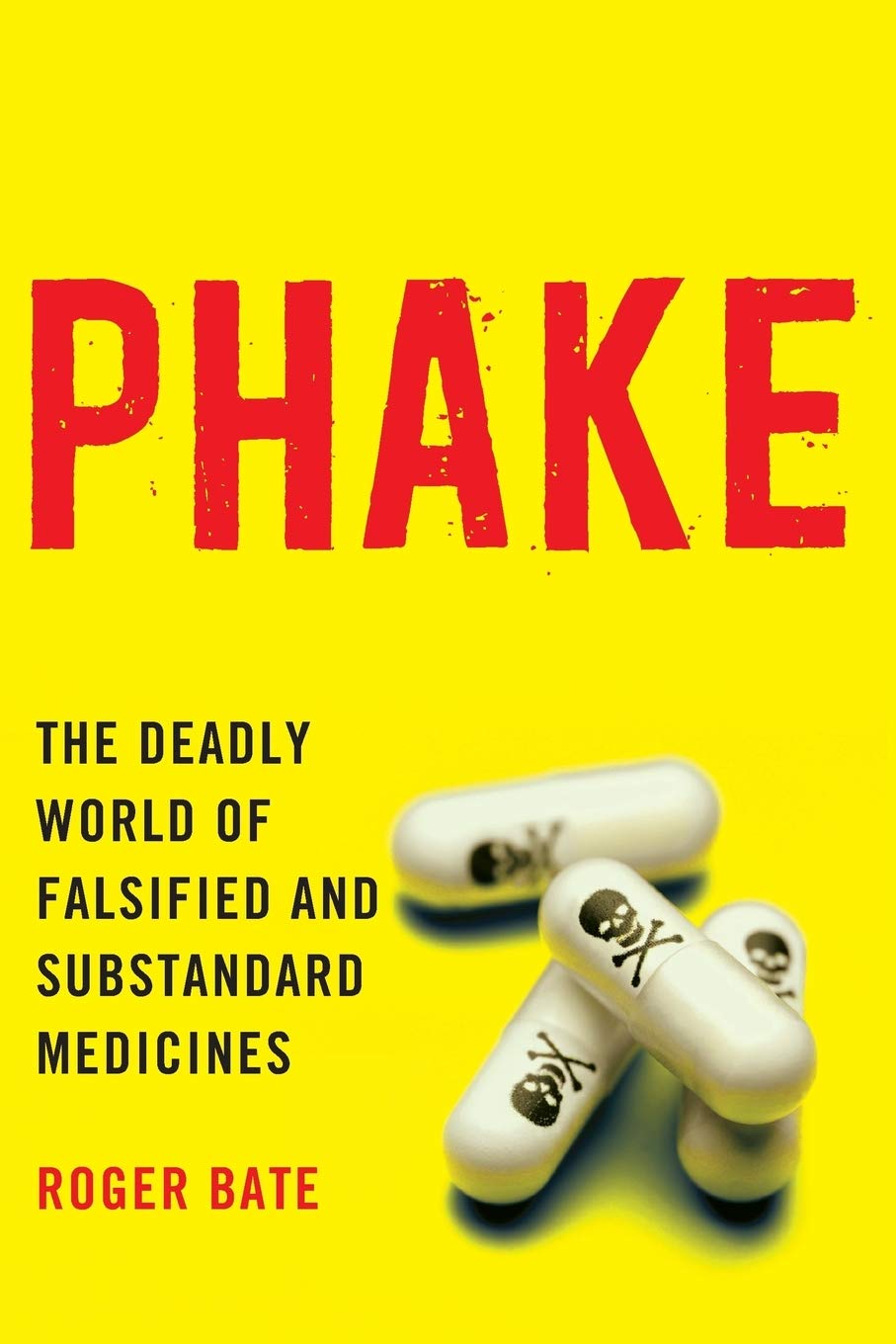Book Review: Phake
Published:
Phake is Roger Bate’s account of the global trade in substandard and falsified medicines. The culmination of almost a decade’s worth of research efforts, the book is a journey through the lens of a researcher. He brings us from continent to continent, looking at the prevalence, causes, and impacts of illegal medicines, as well as potential solutions.

Here’s the paperback.
Utility: ⭐⭐⭐ (3/5)
Writing: ⭐⭐ (2/5)
I read the book for a project with the Gates Foundation; it was a great decision. The book is replete with graphs, statistics, and diagrams from field studies and practical experiences. Bate outlines the history of regulatory and private sector responses, detailing the complex trends that underly the evolving problem.
The writing doesn’t try to entertain. While the information is always there, the point is not always immediately obvious. Some sentences structures are a little tortured, and some acronyms are abused. Still, the sheer amount of information lulled me back.
Notes
- Substandard and falsified medicines (SFMs) have long been an issue, from DEG in the 1930s to Herparin in 2007 and tuberculosis drugs today.
- The value of the global SFM market is likely around 10 billion USD, much lower than other estimates, which reach up to 200 billion USD.
- Cost-cutting pressures drug manufacturers to abandon good manufacturing practice. But drugs can be diverted by criminals, or falsified outright.
- Africa has the worst problem with poor-quality drugs, while India, China, and other emerging markets are doing better.
- Poverty and corruption are significantly associated with SFMs, but the link is weak. Up until an income of $10,000 per person, counterfeits are more common than substandard drugs..
- Public awareness is only helpful if the government is capable. Medical regulatory authorities should incriminate distributors and compensate victims.
- Basic governance is prerequisite to effective medical regulation. Inbalances in capacity frustrate cooperation.
- Countries need to define fake drugs, enforce laws through government entities, properly equip medical regulatory authorities.
